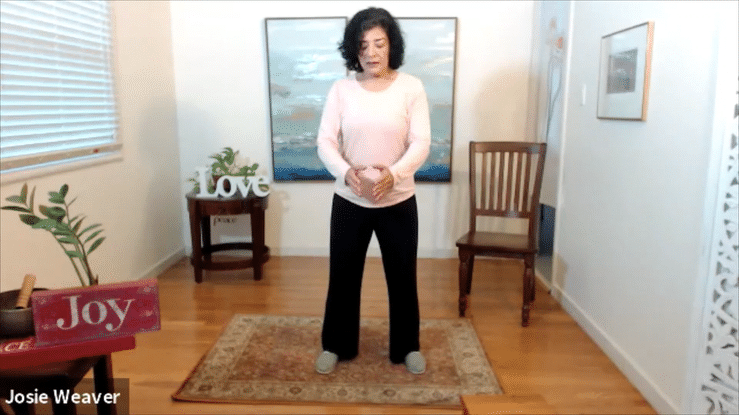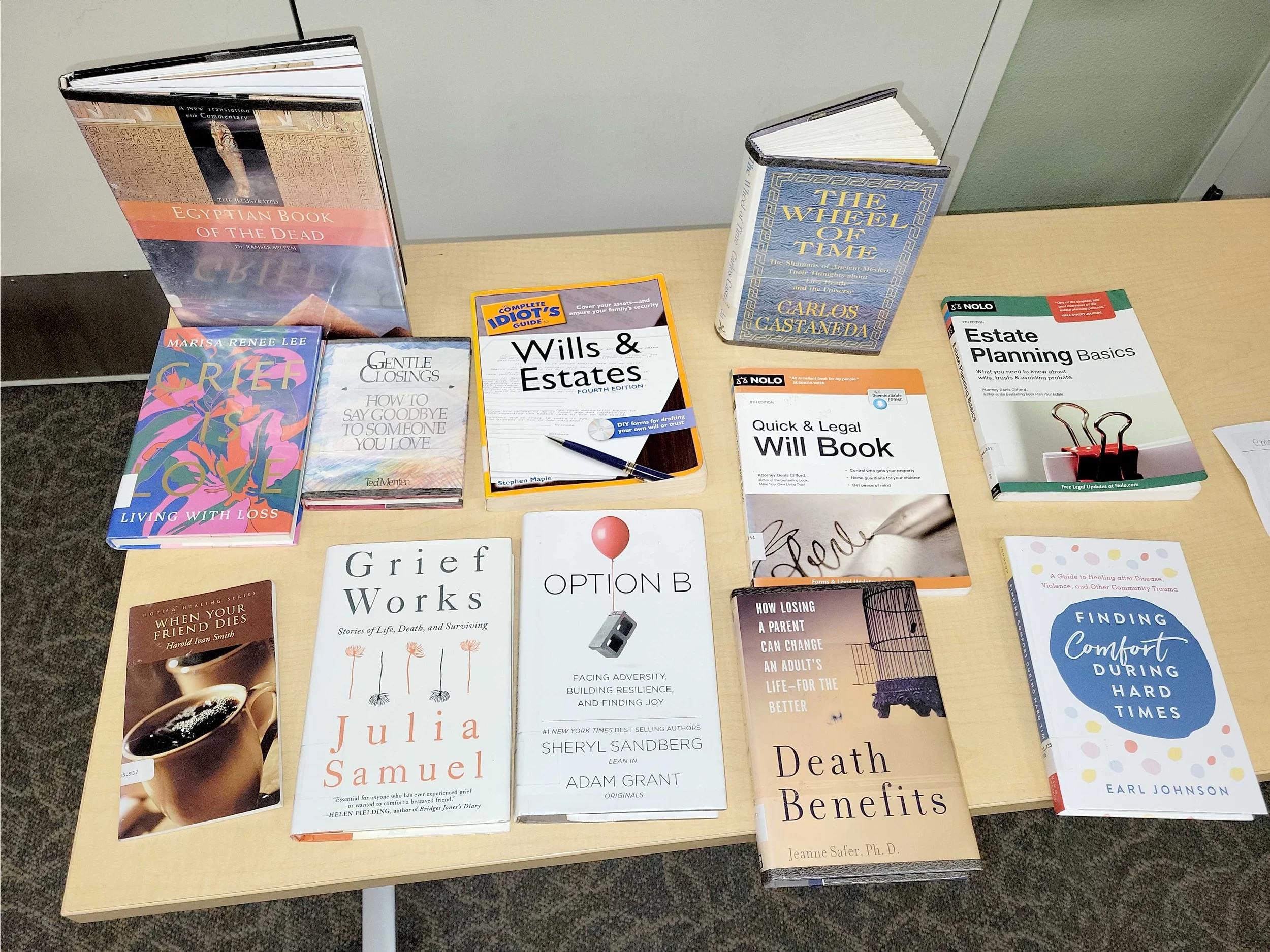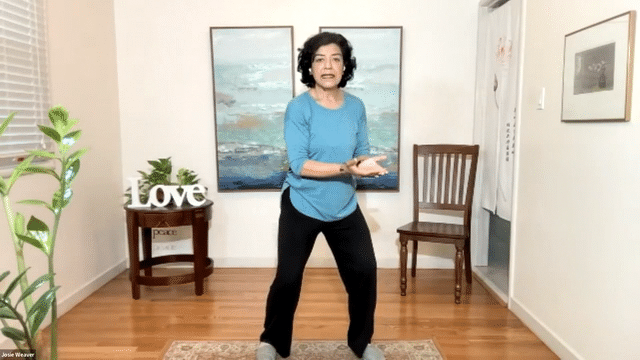Blog


“I don’t need to know right now”
…recognizing the truth of not knowing, but having faith that the right moment of knowing will come, is a great way to create space and acceptance for what is happening in the moment.

Rock and Shock: A Story of Resilience
So, it was a big deal when KISS lead guitarist, Ace Frehley, died last month at age 74. … I came across a story of Ace Frehley getting shocked/electrocuted at a show in Florida in 1976.

Box Breathing
In box breathing, you contain and control your breath to gather your energy and regulate your nervous system.

Group Acupuncture with Sound Healing
Combining acupuncture and sound healing is amazing: The acupuncture balances your energetic system and the sound healing helps mind and emotions relax into a receptive state.



Birdsong and Health
In this blog post, I share with you some of findings from studies involving birdsong and health and also share my thoughts on birdsong as healing sound.


Animals Teach us Freedom of Being
The inherent truth is that animals can only be themselves.

“I am a Pain Enthusiast”
I am an advocate for healthy relationship to pain. This makes me a pain enthusiast…



Vibe Check?
Doing a vibe check is a complete awareness practice that involves the mind and body.

Trust the Inner Whoosh
When we listen to the body’s signals with sincerity, the body is befriended and respected for the magnificent being that it is.



Shared Humanity
When the experience of meditative movement is shared, it as an experience of shared humanity and co-regulation.

Your Personal Legend
What is golden? Mindbody practice is also the practice of alchemy, which is about transforming lead into gold.


